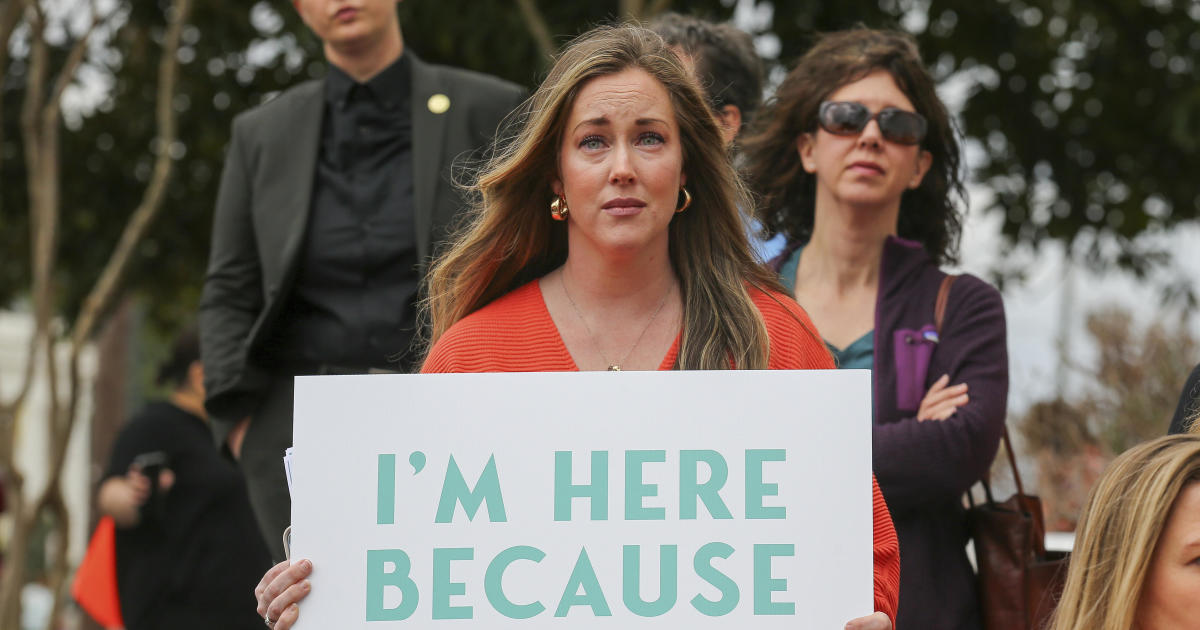The Alabama House passed a bill to provide legal protections to healthcare entities that offer in vitro fertilization (IVF) services in response to a State Supreme Court decision that considered frozen embryos as children under state law. The bill, introduced by state Rep. Terri Collins, a Republican, would grant civil and criminal immunity to IVF providers. The measure passed by a vote of 94 to 6 and is now headed to the State Senate for consideration. Lawmakers in Alabama are taking swift action to address the backlash and ensure that families undergoing IVF can continue the process without fear of legal repercussions.
The ruling by the Alabama Supreme Court, which found that frozen embryos can be considered children under state law, has had significant consequences. Following the decision, the University of Alabama at Birmingham’s Division of Reproductive Endocrinology and Infertility announced a pause on IVF treatments due to concerns about potential criminal prosecution of physicians and patients. Additional IVF providers in the state also halted services in response to the ruling. The impacts of the decision prompted advocates of IVF treatment to rally at the Alabama Legislature, urging lawmakers to protect providers from prosecution.
At the federal level, Sen. Tammy Duckworth introduced legislation to create federal protections for IVF access nationwide. However, Sen. Cindy Hyde-Smith, a Mississippi Republican, blocked the bill, citing concerns about the proposal being a “vast overreach” that included provisions that were deemed problematic. Despite the federal setback, advocates of IVF treatment continue to push for legal protections at both the state and federal levels to ensure that individuals seeking IVF services are not subject to criminal prosecution or other legal challenges.
The Alabama House’s approval of the bill granting legal protections to IVF providers reflects the urgency with which lawmakers are addressing the implications of the State Supreme Court ruling. By extending civil and criminal immunity to healthcare entities offering IVF services, the legislation aims to safeguard the ability of families undergoing IVF to continue the process without legal obstacles. The State Senate will now consider its own version of the legislation, as Alabama lawmakers work to address the concerns raised by the court ruling and ensure that IVF providers and patients are protected.
The swift action taken by Alabama lawmakers in response to the State Supreme Court decision underscores the importance of legislative efforts to protect individuals seeking IVF services. The ruling’s far-reaching consequences, including the pause of IVF treatments by providers in the state, have highlighted the need for legal clarity and protections in the realm of reproductive healthcare. As the debate continues at both the state and federal levels, advocates of IVF treatment remain committed to advancing policies that uphold the rights and interests of individuals seeking fertility treatments.









